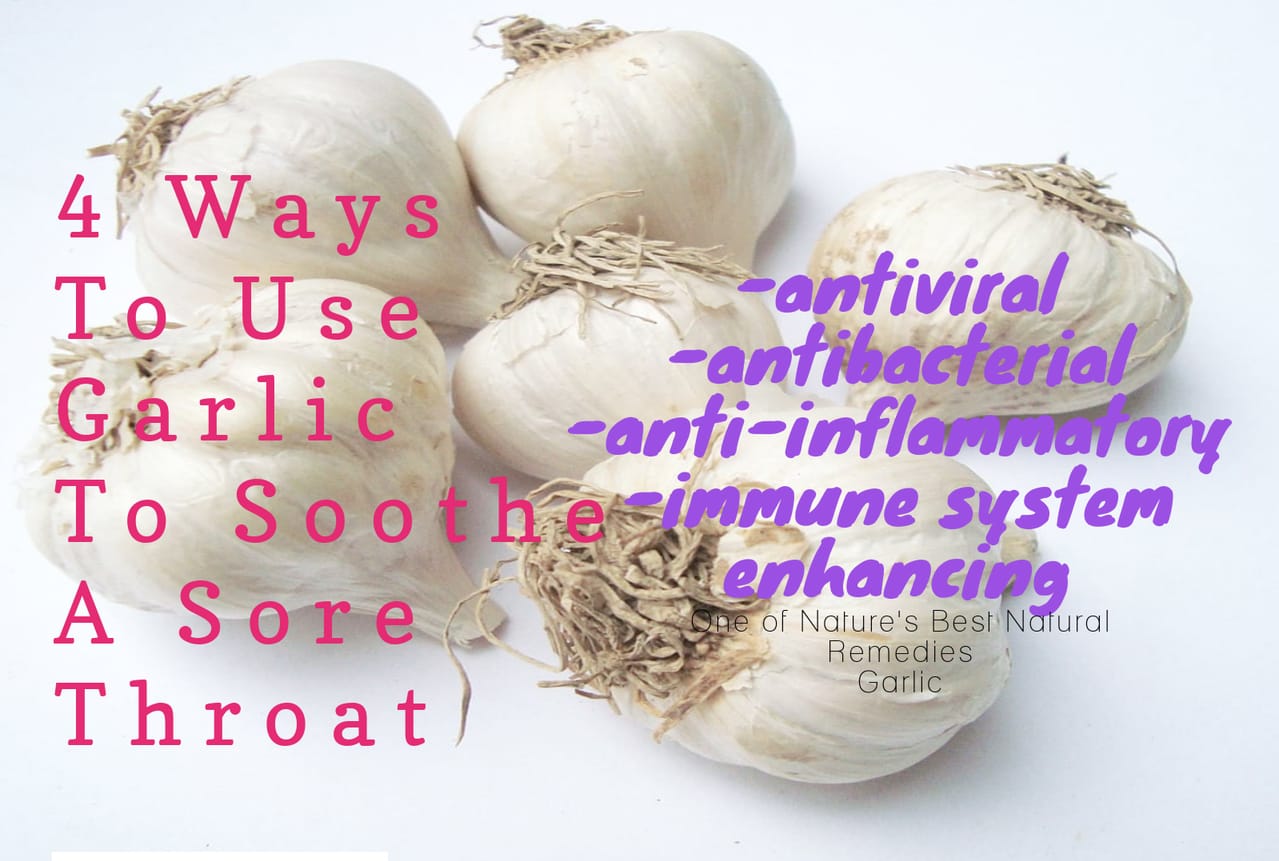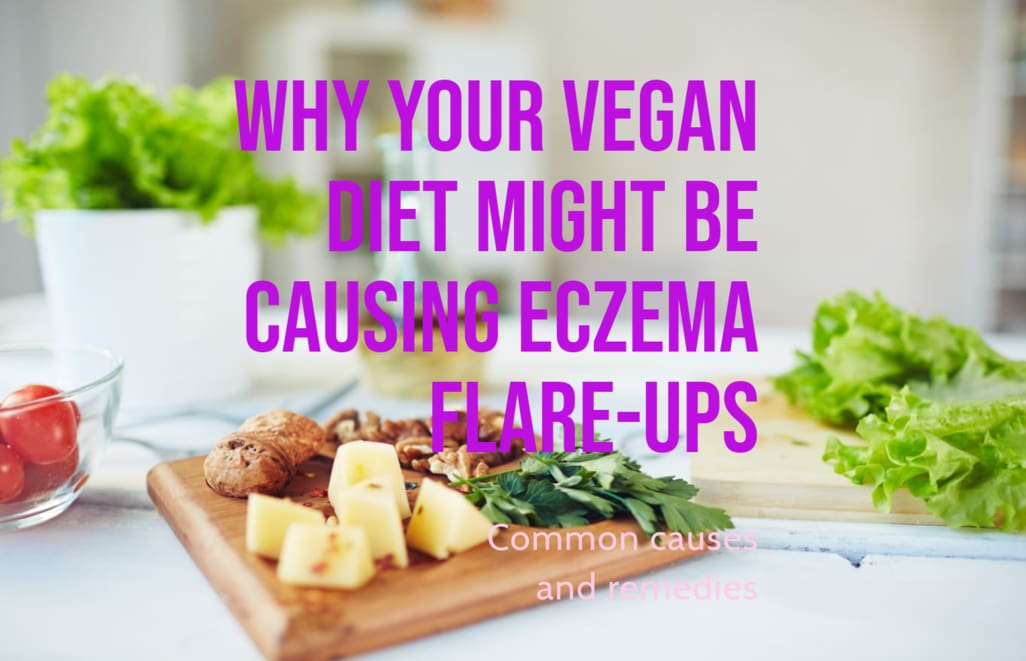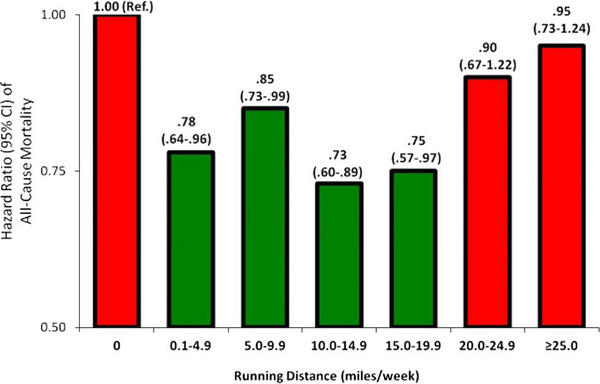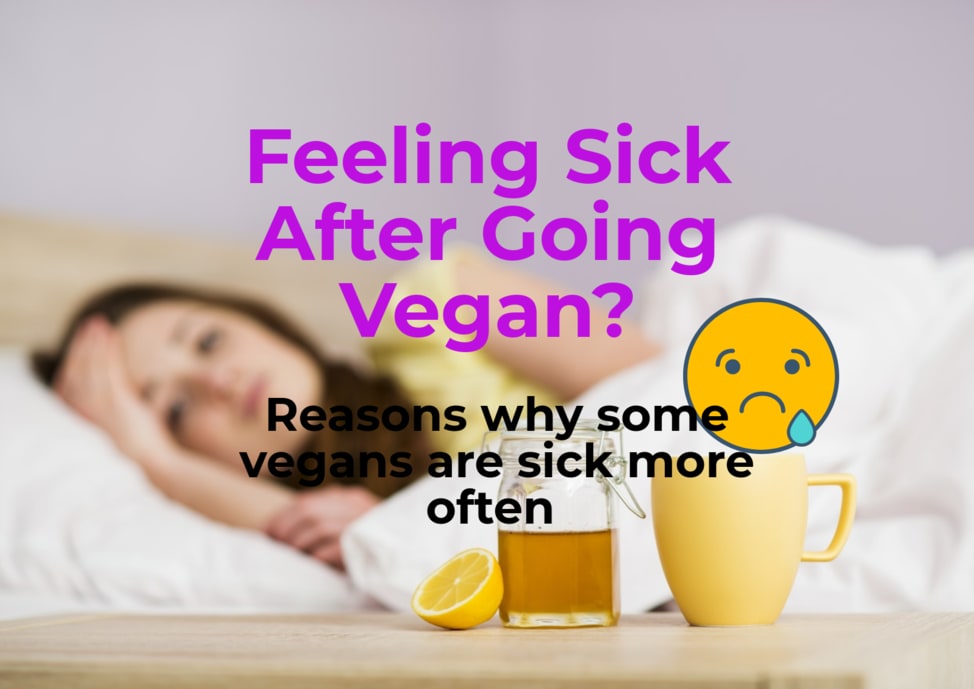Disclosure: This article may contain affiliate links. If you decide to make a purchase, I may make a small commission at no extra cost to you.
Taking control of your mental health should be one of the top priorities if you want to stay healthy. Diet is not the only factor which can influence psychological well-being, but research suggests it may be a very important one. In this article, I’ll examine whether or not a vegan diet has any mental health benefits.
In the United States, approximately 1 in 5 Americans will likely experience significant mental health issues in any given year, with 1 in 25 adults having a serious crisis [1].
In recent years, studies have shown that our diet can change the way we react to daily stress and improve our mood. To be more precise, people who eat a plant-based diet, whether that be vegan or vegetarian, have better mental health than those who eat meat and processed foods.
It’s hardly surprising that a diet loaded with micronutrients and antioxidants should improve how we feel, but one of the concerns was that these diets could impair mental health by lowering the intake of health-promoting omega 3 fatty acids that you get from foods such as fish.
Can a plant-based diet improve mental health?

There have been many concerns raised about removing animal products from the diet. As already mentioned, one of the fats which you can get from an omnivorous diet is omega 3.
And you while it’s true that a vegan diet usually contains plenty of ALA, which can then be converted to EPA and DHA, there is some question to how well this conversion can take place and also the level of omega 6 intake from vegan diets, which is pro-inflammatory.
Other concerns people have about vegan diets is how restrictive some people’s diets can be.
Study 1: Seventh Day Adventist – vegetarian diet improves mood
In a cross-sectional study involving Seventh Day Adventists looking at vegetarian diets and healthy mood states, researchers measured the intake of fatty acids in the diet and then looked at whether or not there was a positive or negative effect on mood.
As expected, vegetarians in the study had lower intakes of EPA and DHA but had a higher intake of linolenic acid and alpha-linolenic acid.
Previous research has shown that omega 3 directly from fish oil is able to improve brain function and mental health, so it was expected that vegetarians may have worse scores. But in fact, the vegetarian group had better scores in multiple areas.
Vegetarians scored better than meat eaters on the following:
- Lower tension and anxiety
- Lower depression and dejection
- Lower anger and hostility
- Lower fatigue
- Lower confusion
- Increased vigor
Males and females benefited from eating a vegetarian diet despite consuming less DHA and EPA than meat eaters. However, this is not to say that consuming these fatty acids in the form of algal oil would not benefit vegetarians or vegans, but that the dietary composition, especially high intake of ALA, may be enough to protect against mood disorders.
One limitation of the study brought up by the researchers was that there were no measurements of blood fatty acids or inflammatory markers taken [3].
Study 2: A vegan diet is associated with improved mood
In another study looking at vegans this time, researchers surveyed vegans, vegetarians, and omnivores to look at the effect of diet on mental health using the DASS-21 scale.
The researchers found that vegans had a higher intake of ALA in their diet compared to omnivores and vegetarians, and also reported lower mean anxiety score compared to omnivores.
Total DASS score for vegans and omnivores: 12.80 vs 19.10 (p=.016).
The study concludes that vegan diets may help improve mood disturbances, and an increased intake of ALA may be partly responsible [4].
Study 3: Eating more legumes on a vegan diet is protective against depression
In contrast with the previous studies, a new study published in the journal Nutrients (2018) showed that the odds of developing depression are increased with each food group that you eliminate from the diet. This should be especially a concern for vegans.
While the researchers found that vegetarians diets increased the risk of depression, when adjusting for legume intake and reasons for being on the diet, the association went away.
Vegans who reported high intake of legumes had no increased risk of depression. Vegans who also reported that they were on the diet for health reasons also did not see any increase in depression symptoms compared to non-vegans.
Although not investigated in this study, zinc is a very important mineral for mental health, and legumes would be one of the main sources of zinc in a vegan diet. Zinc deficiency in vegans has been found to be as high as 47% [5].
Other studies have also confirmed that vegans should pay attention to getting enough zinc by selecting foods high in zinc or supplementing.
The researchers acknowledged that their study was not in line with the previous findings from other studies, where vegan diets significantly improved mental health.
The main take away from this study appears to be that veganism in itself might not be associated with improved mental health, so the emphasis on quality of the diet and making sure nutritional deficiencies are corrected is important, especially as veganism is rapidly growing in popularity [5].
Study 4: Vegan nutrition program improves mental health, quality of life, and work productivity
And finally, due to the beneficial health effects of a vegan diet in preventing disease, researchers looked to see if adopting a vegan diet in the workplace was practical and whether or not it improved health and productivity.
The researchers recruited employees of an insurance company and put them either on a low-fat vegan diet or no diet at all (no instruction). They were told to follow the diet for 22 weeks.
The vegan diet group saw improvements in many areas:
- Improved general health.
- Improved physical functioning.
- Improved mental health.
- Improved vitality.
- Improved overall diet satisfaction.
- A 40-46% decrease in health-related productivity issues at work and daily activities.
The study concluded that a vegan diet was practical and well-accepted in the workplace and could be recommended as a way to improve productivity, physical health, and mental well-being [6].
Nutrients which can improve mental health
Now that I’ve reviewed some of the studies available on veganism and psychological health, let’s take a look at some of the nutrients on a vegan diet that you should watch out for and consider supplementing.
Vitamin B6 and B12
All vegans should supplement vitamin B12 to remain healthy. Multiple studies have shown that there is a very high prevalence of B12 deficiency in vegan populations and that this is a serious concern.
B12 deficiency can lead to many symptoms and increased risk of heart disease, but also worsening of mental health. And also, an adequate level of vitamin B12 is associated with an improved ability to treat depression.
Vitamin B6 deficiency is also another concern for vegans. One study showed that a low plasma level of B6 was associated with symptoms of depression.
I recommend that you supplement vitamin B12 and also try to make sure that you include foods in your diet that have a high amount of B6 (use an app to check your B6 intake).
Omega 3 from algal oil
Getting enough ALA on a vegan diet is easy enough, and for most people, this should be fine. However, if you have increased levels of inflammation from allergies, autoimmune disease or other conditions, you might want to consider taking an omega 3 supplement.
Omega 3 has been linked with lower rates of anxiety and depression, by having immunomodulating and anti-inflammatory effects.
Other ways omega 3 may improve mental health is by altering levels and functions of neurotransmitters in the brain and reducing levels of oxidative stress [7]. Here are some omega 3 supplements containing algal oil.
Vitamin D3
Vitamin D deficiency has been linked with an increased risk of depression and anxiety in many studies [8]. Vegans who are avoiding animal products may be consuming less vitamin D and as a result, be at risk of depression.
If you’re not getting enough sun and have dark skin, consider taking a vitamin D3 supplement which is derived from lichens. It’s vegan-friendly, unlike other sources of vitamin D3.
Zinc
In one of the studies that I cited above, symptoms of depression were higher in those who consumed the least amount of legumes in their diet.
Legumes happen to be a very important source of zinc in a plant-based diet, and zinc deficiency is prevalent among vegans.
Low zinc levels have been associated with many health problems ranging from poor immunity, skin problems, hair loss, neuropsychiatric disorders, reduced ability to learn, and more [9].
If you consider taking a zinc supplement, I recommend that you try taking zinc picolinate, as it’s better absorbed than other forms.
Conclusion
A vegan diet which is diverse and doesn’t have any nutritional deficiencies appears to be protective against mental health problems such as anxiety and depression.
The inclusion of legumes in the diet appears to particularly important for this beneficial effect to occur. One study showed that vegans who have a low intake of legumes had an increased risk of depression, but vegans who ate a high-legume diet did not.
Overall, the studies are positive, showing that a healthy plant-based diet is able to significantly improve psychological health, especially when the diet is diverse and vegans are on the diet for health reasons.
I’d love to hear if your mood has improved since going vegan. Comment to let people know!








